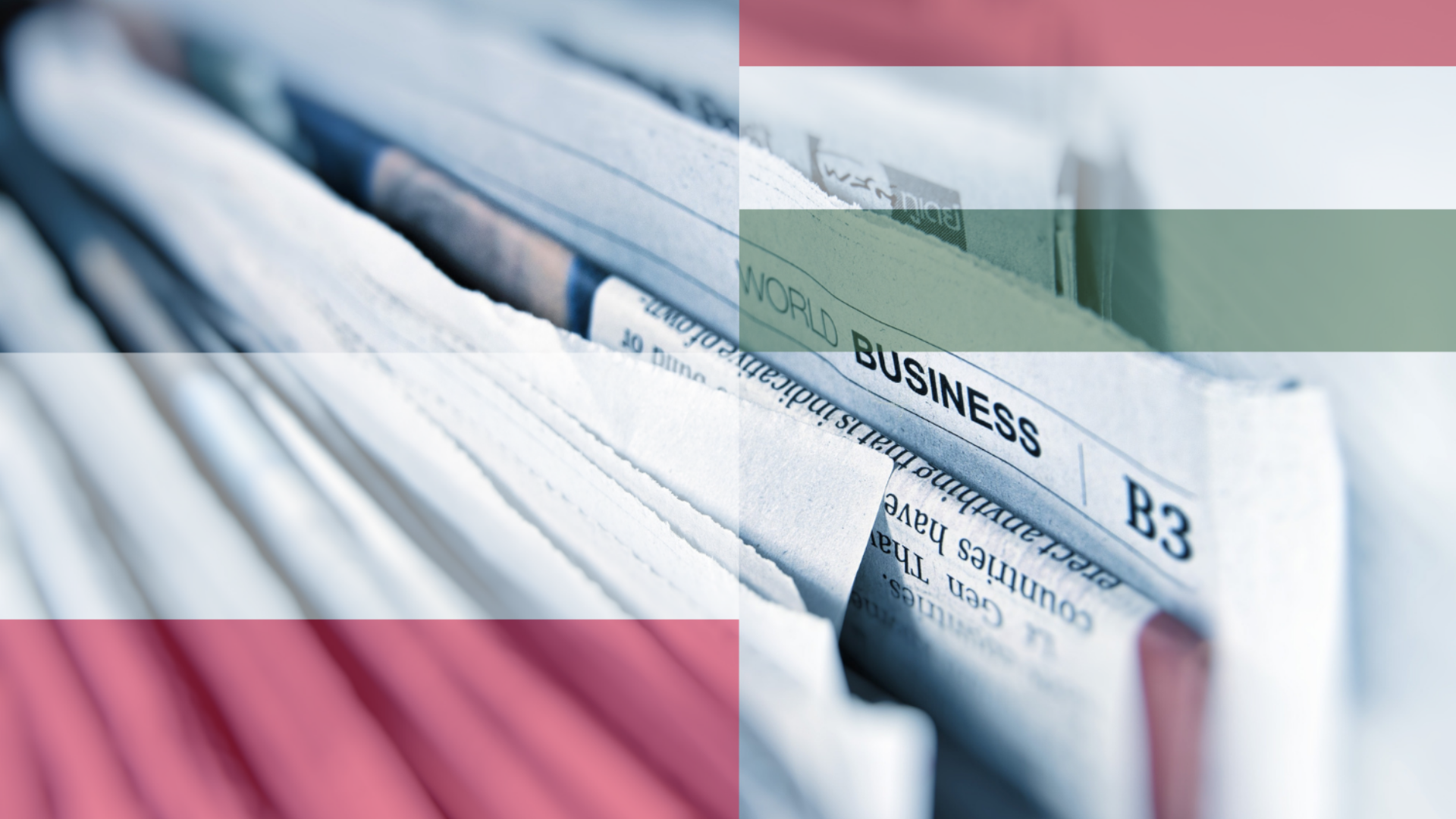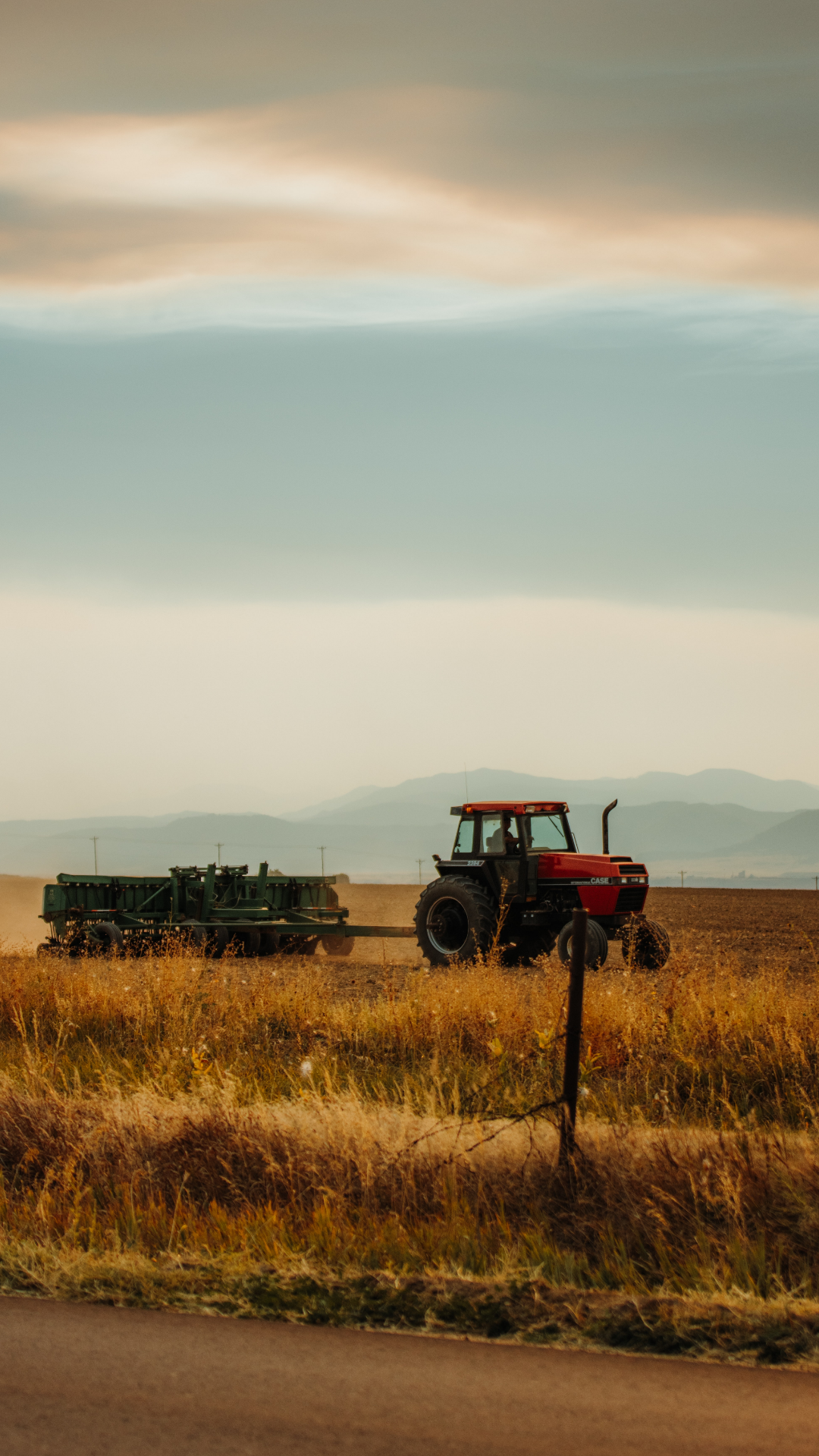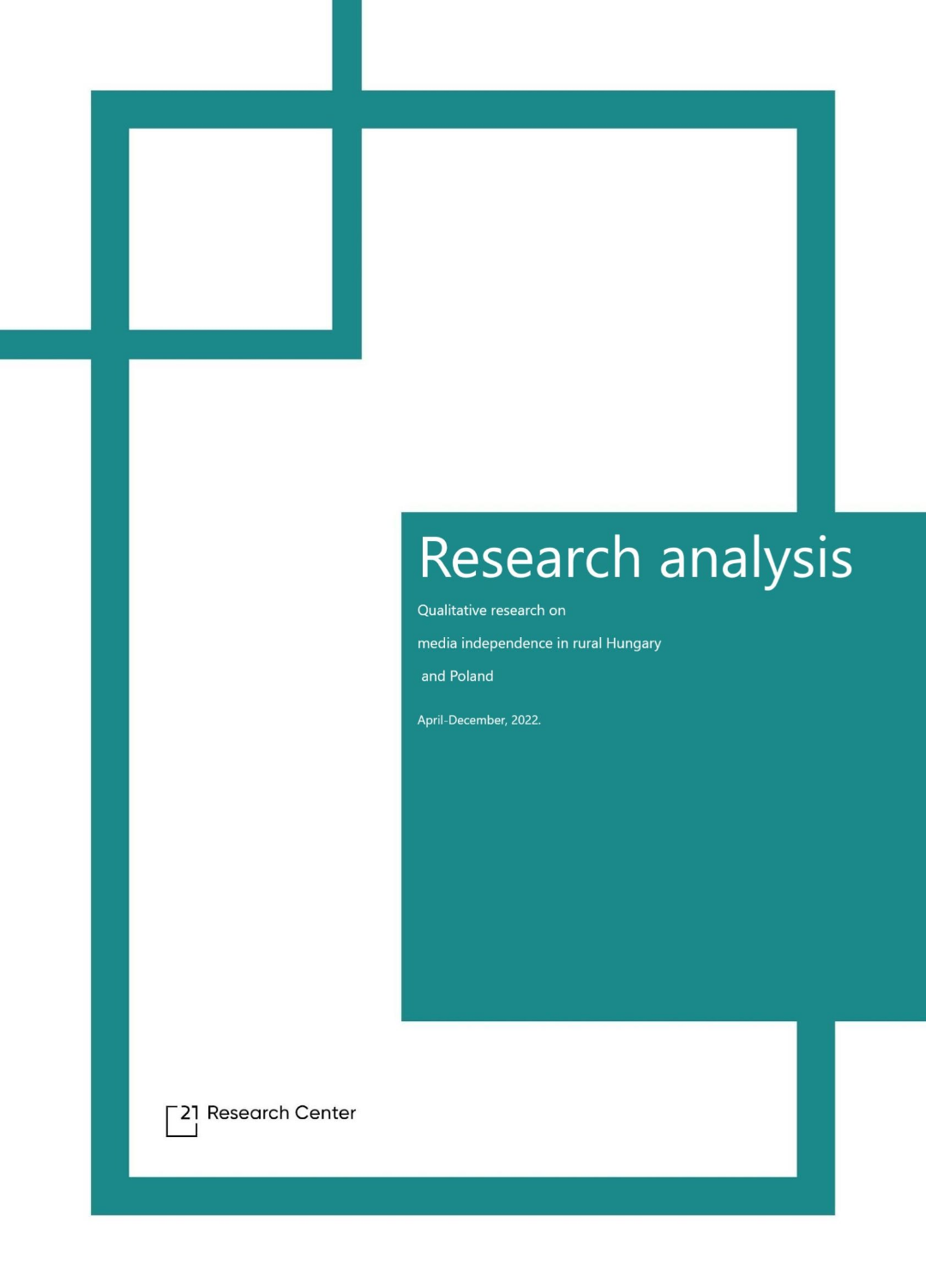Poland and Hungary
Media Independence in rural areas
Media Independence in rural areas
Populistic and one-sided reporting: ‘the media’ are accused of many things. However, what precisely they are accused of and how the media are evaluated varies depending on the political orientation and the medium. The Hungarian think tank ‘21 Research Centre’ and the Polish think tank ‘Project: Polska’ examined the rural media landscape in both countries. Each think tank conducted two focus groups with six participants chosen – among others – based on their political preferences and five in-depth interviews with media experts.

The focus groups in both countries revealed that the most frequent source of information for rural inhabitants is the internet rather than television or print media outlets. In Hungary, pro-government respondents gather information from different sources, even if these sources are not pro-government. This is not the case for the pro-opposition respondents. However, at the same time, the majority do not trust national media, which are described as Budapest-centered.
As for the independence of the media, both political camps of Hungarian respondents realize that the majority of media is financed by the government and thus is not objective. In Poland, the situation is different in each political camp: while the opposition supporters mostly consider Polish news as biased by the influence of the government and the Catholic Church, government supporters believe that dependent media are those financed by politicians and private sponsors.
Expert interviews in both countries identified the need for local journalists to fight against government propaganda. The experts talked about underfinancing and political pressure. They feel the need to gain non-governmental funding. In both countries, public media represent serious competition for local independent media. They are restricted from conducting interviews with pro-government politicians and the advertisers prefer to put their ads in the pro-government media.


Freedom of expression and the media
